COP28 explained: A closer look at COP28's climate change solutions
By Aniket Gupta | 27 Dec 2023
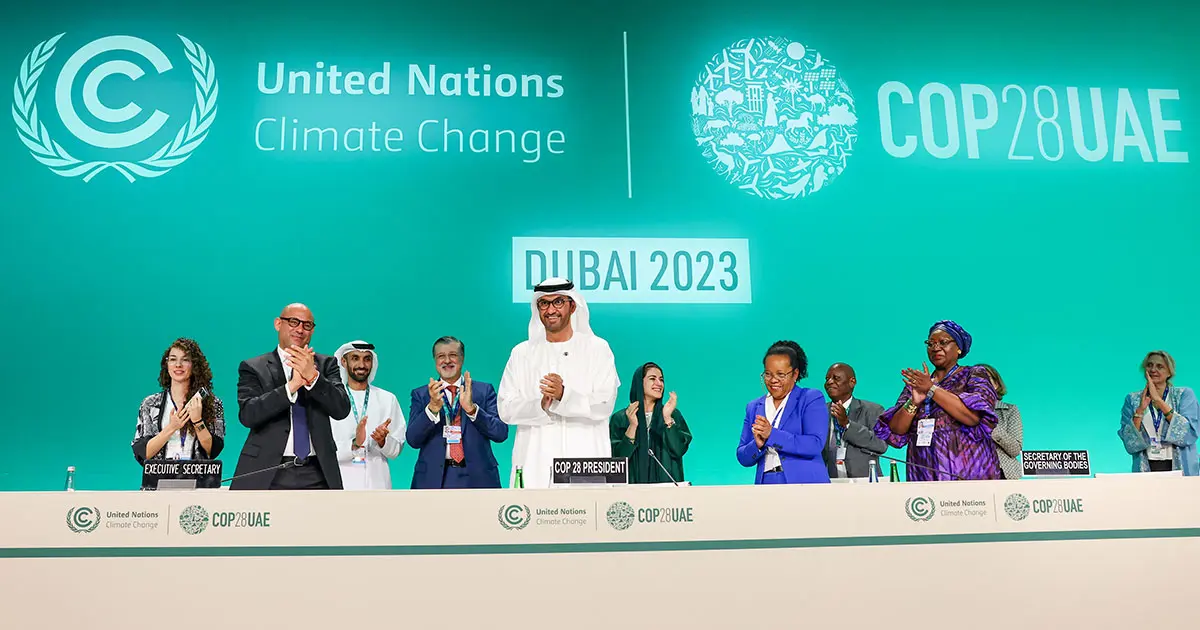
The 28th United Nations Climate Change Conference, also known as COP28, took place from 30th November 2023, to 13th December 2023, at Expo City in Dubai, United Arab Emirates.
Formally, COP28 signifies the 28th meeting of the Conference of the Parties (COP) to the UN Framework Convention on Climate Change (UNFCCC). This annual event, a tradition since the inception of the first UN climate agreement in 1992, serves as a platform for governments to formulate policies addressing global temperature increases and adapting to the consequences of climate change.
.jpg)
COP28 was attended by more than 70,000 delegates. These delegates were mostly from member states (parties) of the UNFCCC. The diverse participant pool contained business leaders, youth representatives, climate scientists, indigenous peoples, journalists, and various other experts and stakeholders.
COP28 was also noteworthy for its controversial president, Sultan Al Jaber, and the host country, the UAE, which has faced criticism for its opaque environmental practices and significant role in fossil fuel production. Of particular concern was Al Jaber’s position as the CEO of the Abu Dhabi National Oil Company (ADNOC), raising questions about potential conflicts of interest.
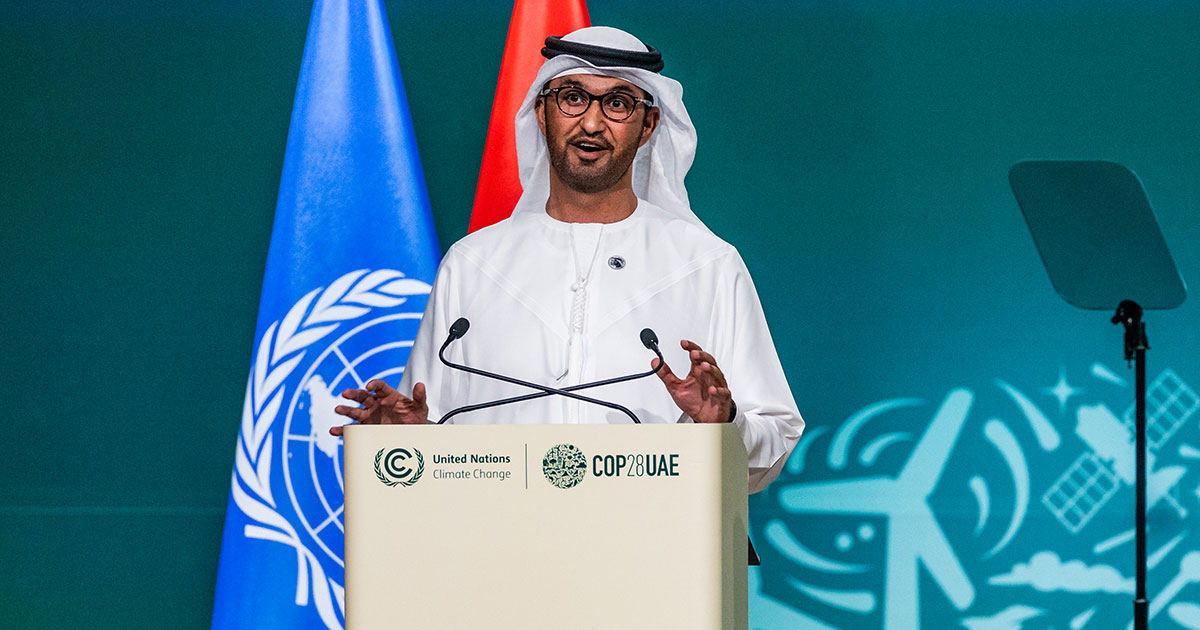
Climate change over the years
Climate change is one of the biggest crises faced by the world over the past thirty years. Greenhouse gas emissions have increased dramatically over the years, and it is important to devise proper steps to reduce these emissions for the betterment of future generations.
Please refer to Figure 1 below to see the greenhouse gas emissions by gas type over the past 30 years.
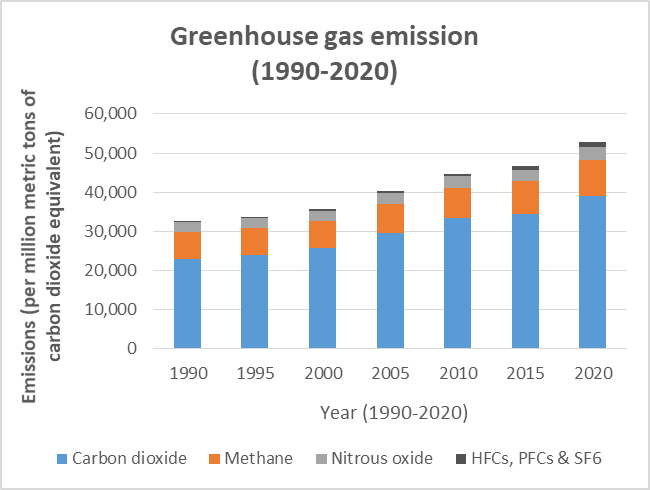
We can see from Figure 1 that greenhouse gas emissions have increased dramatically over the past thirty years. The main constituents of greenhouse gases are carbon dioxide, methane, nitrous oxide, fluorinated gases such as hydrofluorocarbons (HFCs), perfluorocarbons (PFCs), and sulfur hexafluoride (SF6). These gases are very harmful and, over the years, have created a hazardous environment on Earth.
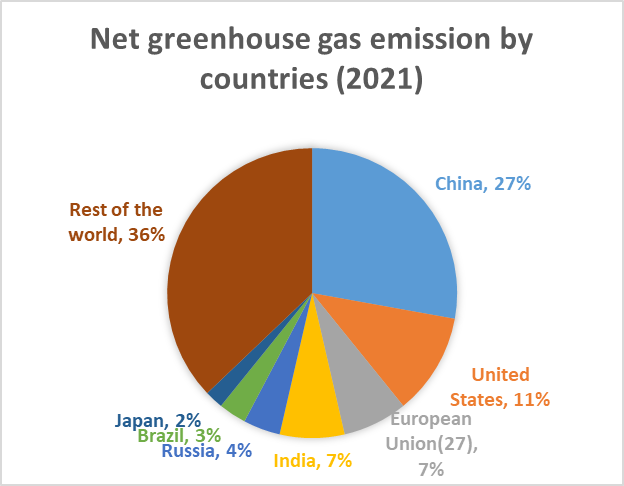
Figure 2 indicates the world’s largest greenhouse gas emitters in 2021. As the world’s largest greenhouse gas emitter, China has taken various strategic steps in order to become carbon neutral by 2060.
Why is COP28 important?
The primary focus of COP28 was on the implementation of the Paris Climate Change Agreement of 2009, a significant milestone. This marks a crucial decade for climate action, with the latest findings from the UN’s Intergovernmental Panel on Climate Change underscoring the urgency.
According to the scientific data, there is a compelling need to reduce greenhouse gas emissions by 43% by 2030, compared to 2019 levels. This reduction is imperative to cap the temperature increase at 1.5°C by the end of the 21st century, preventing severe consequences such as worse droughts, heatwaves, and intensified rainfall.
COP28 played a pivotal role in guiding countries in their preparations for revised and more ambitious Nationally Determined Contributions (national climate plans), slated for completion by 2025. The conference also sought to expedite the ongoing green transition and ultimately realize the objectives outlined in the Paris Agreement.
Key aspects of COP28: the Global Climate Action Agenda and the Inaugural Global Stocktake
The COP28 focused on two main agendas: the Global Climate Action Agenda and the first Global Stocktake.
With the ongoing climate change crisis, it was vital for COP28 to address some core issues directly responsible for climate change. COP28 organized various events throughout its entire duration that discussed steps to address and tackle these issues. This article will further explore the main agendas addressed by COP28.
Global Climate Action Agenda at COP28
The engagement of non-party stakeholders in the multilateral process under the United Nations Framework Convention on Climate Change (UNFCCC) has been a longstanding priority, recognized since the Lima-Paris Action Agenda launched at COP20. This commitment has evolved through initiatives like the Marrakech Partnership, High-Level Champions appointments since COP21, and outcomes at COP27.
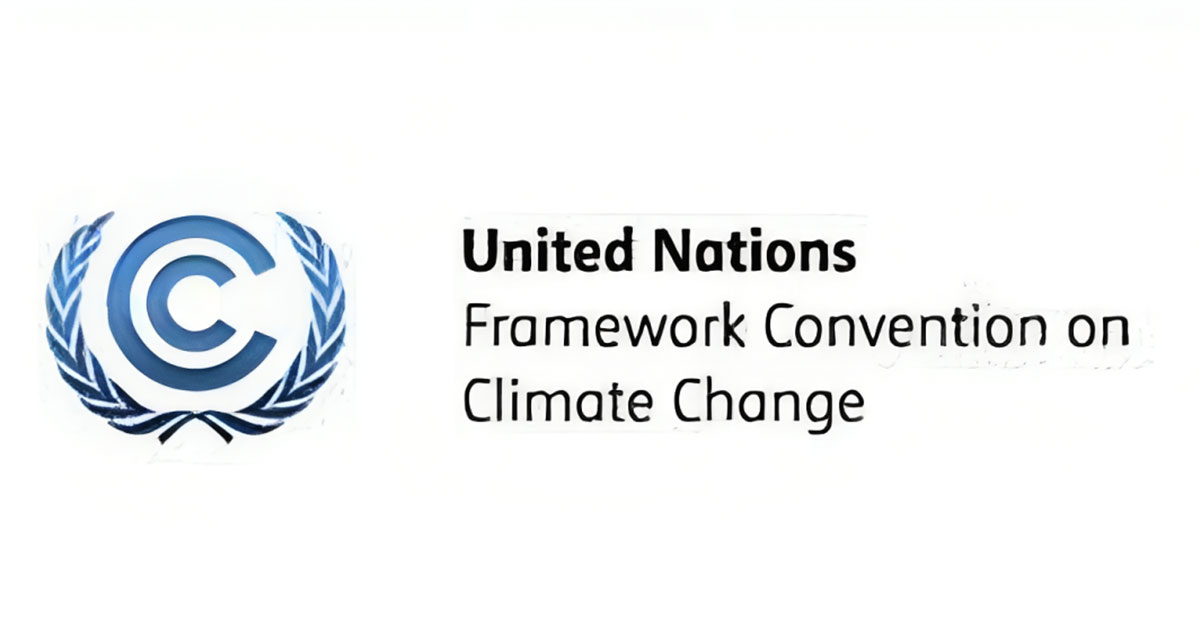
COP28 builds on this foundation, with a focus on the Global Climate Action Agenda, spanning pillars such as energy transition, climate finance, societal resilience, and inclusivity.
Engaging non-Party stakeholders:
The significance of involving non-Party stakeholders in the climate process has grown over the years. COP28 witnessed active participation from businesses, cities, subnational regions, investors, and civil society. The Yearbook of Global Climate Action 2023, presented by High-Level Champions Mahmoud Mohieldin (Egypt) and Razan Al Mubarak (United Arab Emirates), provided a snapshot of their contributions. The Marrakech Partnership, alongside the COP28 Presidency, organized over 40 events, emphasizing collaboration across sectors to drive global ambition and action.
Key outcomes across the four pillars:
Under the leadership of the COP28 Presidency, progress was observed across four pillars: fast-tracking a just energy transition, fixing climate finance, focusing on people, lives, and livelihoods, and underpinning everything with full inclusivity.
- Fast-tracking a just, orderly, and equitable energy transition
- Global renewables and energy efficiency pledge:
Introduced by the COP28 Presidency, this initiative garnered commitments from 130 national governments to triple the world’s renewable energy generation capacity and double the global average annual rate of energy efficiency improvements by 2023. - Sectoral emission reduction initiatives:
Various pledges, including the Global Cooling Pledge, Mutual Recognition of Certification Schemes for Renewable and Low-Carbon Hydrogen, the Oil and Gas Decarbonization Charter, and the Industrial Transition Accelerator, aimed at reducing emissions in specific sectors were taken. - Powering past coal alliance and coal transition accelerator:
Efforts to transition from unabated coal power to clean energy were supported by additions to the Powering Past Coal Alliance and the launch of the Coal Transition Accelerator. - Declaration to triple nuclear energy:
This declaration was endorsed by more than 20 countries, and it aims to triple global energy capacity by 2050. The United States of America, Armenia, Bulgaria, Canada, Croatia, Czech Republic, Finland, France, Ghana, Hungary, Jamaica, Japan, the Republic of Korea, Moldova, Mongolia, Morocco, the Netherlands, Poland, Romania, Slovakia, Slovenia, Sweden, Ukraine, the United Arab Emirates, and the United Kingdom are among the countries endorsing the initiative.
- Global renewables and energy efficiency pledge:
- Fixing climate finance
- UAE Leaders’ Declaration on a Global Climate Finance Framework:
Supported by 13 countries under the COP28 leadership, this framework seeks to unlock investment opportunities for climate finance. - Assets to Flows II and an independent high-level expert group in climate finance:
Outcomes were presented under the collaborative work on climate finance, emphasizing the need for multilateral development banks to mobilize finance. - Joint declaration and task force on credit enhancement:
A collaborative effort led by the High-Level Champions, supported by multilateral development banks, aiming to provide long-term fiscal solutions for developing countries. - Call for collaboration on enhancing the enabling environment:
Issued at COP28, this call seeks to mobilize private finance for adaptation and resilience. - Global capacity-building coalition:
Launched to increase the availability and effectiveness of climate finance technical assistance programs for financial institutions in emerging markets and developing economies.
- UAE Leaders’ Declaration on a Global Climate Finance Framework:
- Focusing on people, lives, and livelihoods
- Sharm el-Sheikh Adaption Agenda (SAA):
Accelerating action on adaption, the SAA, launched at COP27, focuses on health, food and agriculture, and nature. The COP28 leadership reported the progress of the agenda to the attendees at COP28. - COP28 UAE Declaration on Climate Relief, Recovery, and Peace:
Supported by 78 countries, this declaration commits to enhancing financial support for climate adaptation and resilience. - COP28 UAE Declaration on Climate and Health:
More than 140 countries are committed to advancing climate-resilient development and strengthening health systems. - COP28 UAE Declaration on Sustainable Agriculture:
More than 150 countries have pledged to enhance their efforts to scale up adaptation and resilience within the agricultural sector. - Nature Solutions Hub for Asia and the Pacific:
This declaration was launched by the Asia Development Bank to increase investment in conserving nature and reducing biodiversity loss, mainly in the Asian and Pacific region.
- Sharm el-Sheikh Adaption Agenda (SAA):
- Underpinning everything with full inclusivity:
- Joint statement on inclusivity by COP28 Leadership and UNFCCC Executive Secretary:
The COP28 leadership and UNFCCC Executive Secretary Simon Stiell pledged their commitment to making COP28 the most inclusive to date. - Youth Climate Champion and Dubai Youth Dialogue:
Recognition of youth involvement, including the launch of the Youth Stocktake Outcome. - Gender-responsive just transitions and climate action partnership:
Launched by the COP28 Leadership and High-Level Champions, involving 78 countries committing to gender-responsive climate action. - Podong Indigenous Peoples’ Initiative:
Launched to provide direct funding to Indigenous People, ensuring at least 85% reaches Indigenous territories and communities. - AI innovation grand challenge:
Launched by the Technology Executive Committee and Enterprise Neurosystem to support AI-powered solutions for climate action.
- Joint statement on inclusivity by COP28 Leadership and UNFCCC Executive Secretary:
Global Stocktake at COP28
The first Global Stocktake, a key component of the Paris Agreement, culminated at COP28, marking a pivotal moment in the global fight against climate change.
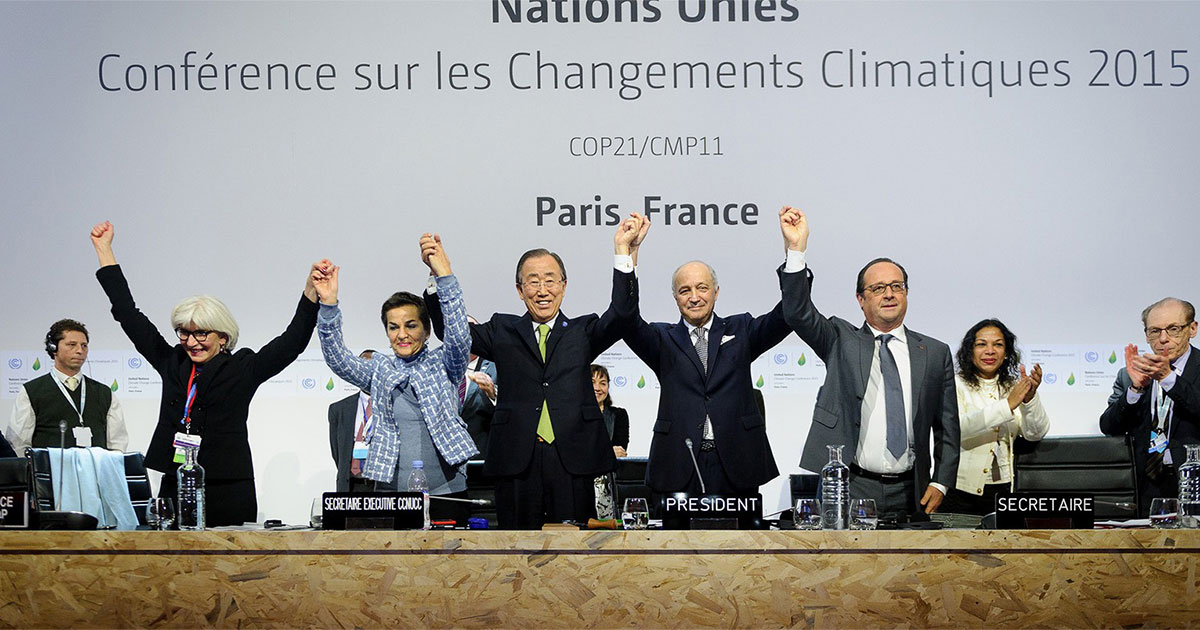
Objectives and scope:
The Global Stocktake aimed to comprehensively assess collective progress towards the Paris Agreement’s goals: mitigating climate change, adapting to its impact, and providing support to developing countries. This involved analyzing scientific data, national reports, and stakeholder submissions to identify gaps, challenges, and potential solutions.
Key findings and discussions:
- Urgent need for enhanced mitigation ambition: Current Nationally Determined Contributions (NDCs) fall short of achieving the 1.5°C warming limit. Calls for significantly stronger and more ambitious mitigation action dominated the discussions.
- Adaptation takes center stage: The growing intensity and frequency of climate impacts highlighted the urgency of robust adaptation measures. Discussions focused on building resilience, particularly in vulnerable developing countries.
- Inequities demand addressing: The disproportionate impact of climate change on developing countries emphasized the need for increased financial and technological support to improve their adaptation and mitigation capacities.
Expected outcomes and recommendations:
- Ambitious NDC revisions by 2025: The Stocktake is expected to urge a revision of NDCs with significantly higher emission reduction targets to align with the 1.5°C goal.
- Prioritization of key action areas: Specific sectors like renewable energy, energy efficiency, and deforestation are likely to be identified as requiring focused action.
- Enhanced support for developing countries: Recommendations are expected to call for increased financial and technological assistance to enable developing nations to build resilience and contribute to global climate action.
Implications and significance
The Global Stocktake serves as a crucial turning point in the collective fight against climate change. Its findings and recommendations will have a profound impact on:
- Shaping the development of more ambitious NDCs in 2025.
- Guiding international cooperation and resource allocation towards key action areas.
- Highlighting the urgency of equitable and differentiated climate action, particularly for developing countries.
The Global Stocktake at COP28 has delivered a sobering assessment of progress and a clear pathway for enhanced action. Its call for increased ambition, prioritization of key sectors, and strengthened support for developing countries presents a critical opportunity to accelerate the trajectory towards achieving the Paris Agreement’s goals. The coming years will be crucial in converting these recommendations into concrete actions and realizing a more sustainable future for all.
Conclusion
The COP28 conference in Dubai concluded with a nuanced blend of achievements and unrealized aspirations. A pivotal milestone was the introduction of the ‘Global Stocktake’, a comprehensive evaluation of current progress and a crucial roadmap for intensifying emissions reductions by 2030. This collective recognition of insufficient action marks a crucial stride towards aligning global ambition with the imperative of limiting warming to 1.5°C.
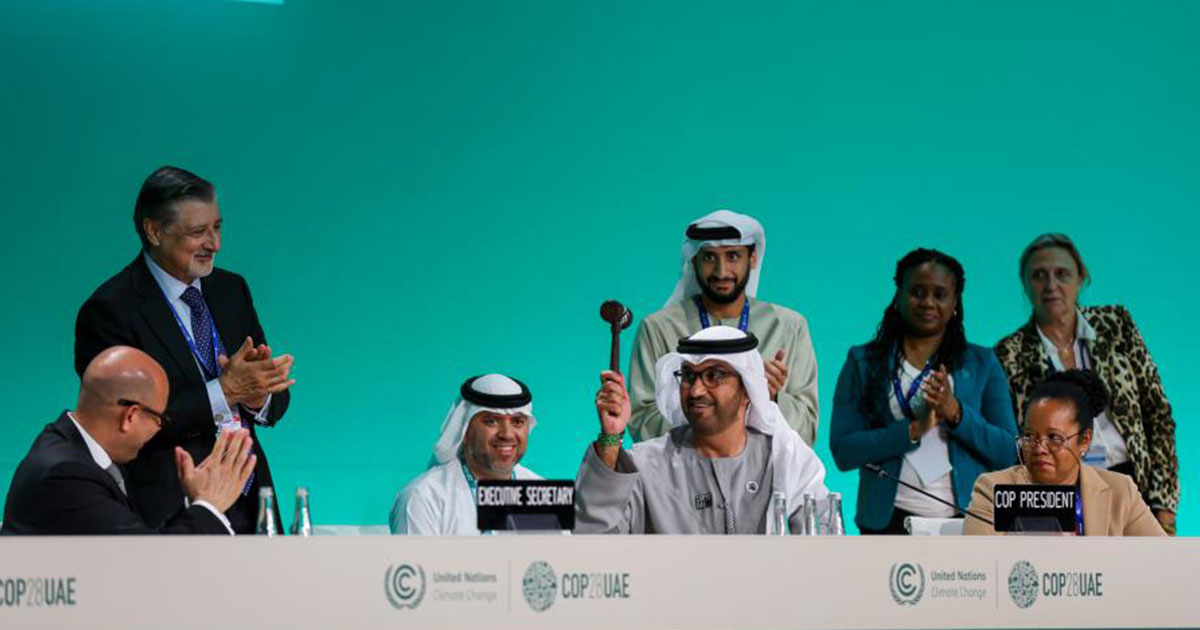
COP28 also witnessed a historic consensus to ‘transition away from fossil fuels’, signifying a potential turning point in the fight against climate change. However, the absence of definitive measures that are to be used for the phasing out of coal and oil raises concerns about the commitment to this shift. Diplomatic vagueness leaves some nations wary, questioning the efficacy of the agreement in reducing fossil fuel dependence.
Despite these tangible achievements, COP28 laid bare persistent divisions. Developing nations expressed frustration over the inadequacy of financial support and the absence of accountability from wealthier countries.
The call for “climate justice” echoed throughout the conference, highlighting the uneven distribution of both the cause and consequence of climate change.
As COP28 concluded, an optimistic sentiment prevailed. While the conference may not have delivered the transformative shift expected, it laid the groundwork for change. The roadmap is now established, urgency has been amplified, and the world awaits. The responsibility now lies in converting all the collective pledges taken into concrete actions. The steps taken on Dubai’s sands must be seen as either the inception of a sustainable future or a fleeting pause before the onset of an ecological crisis.


















